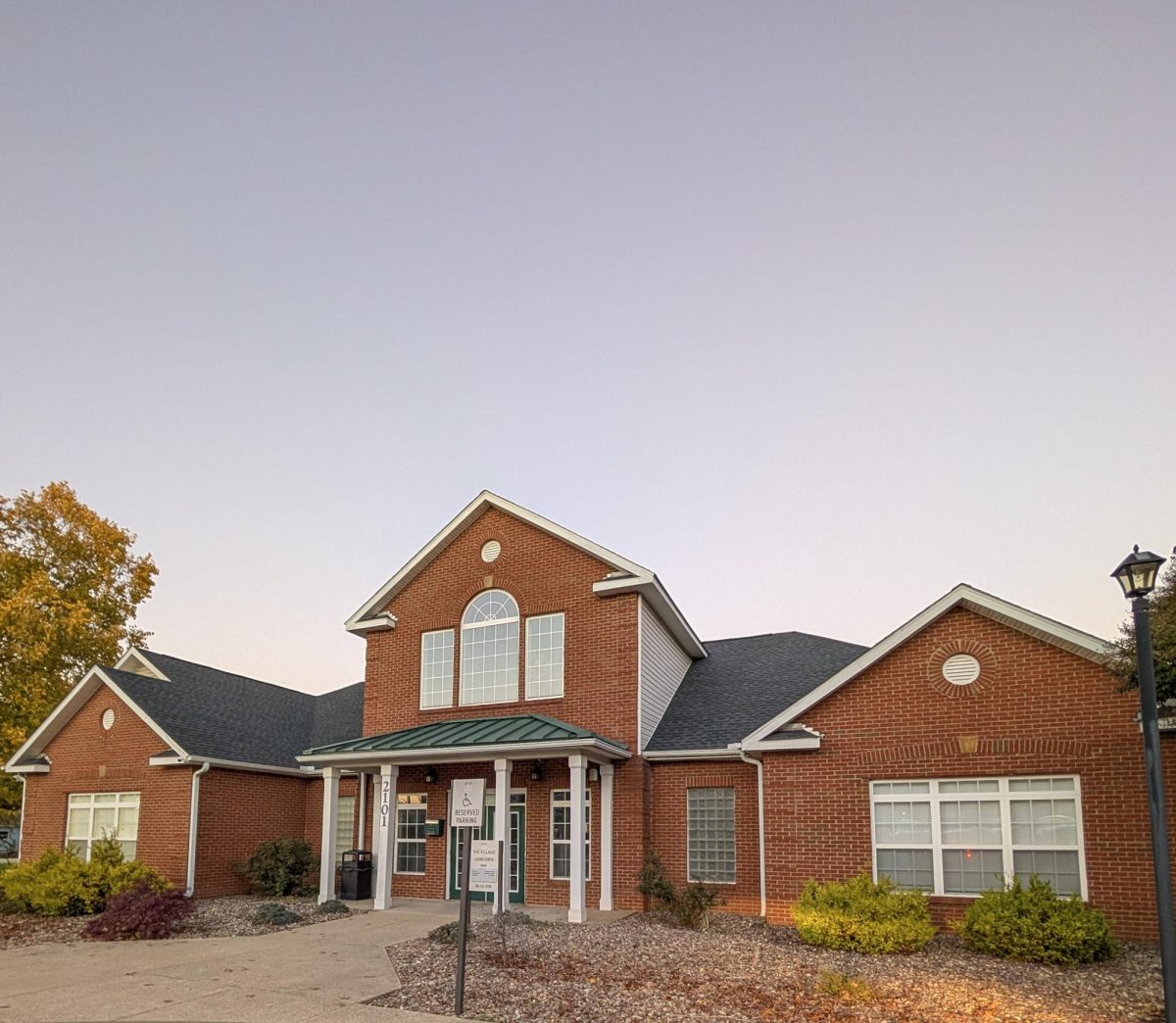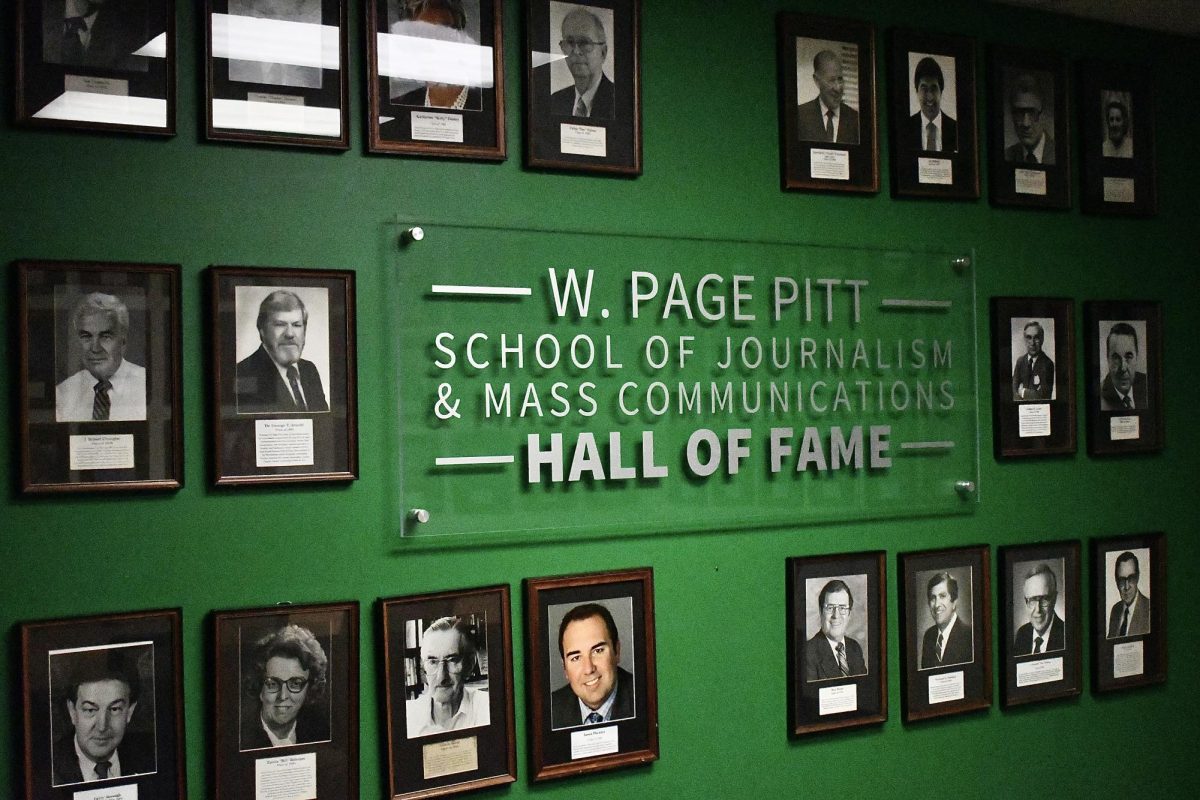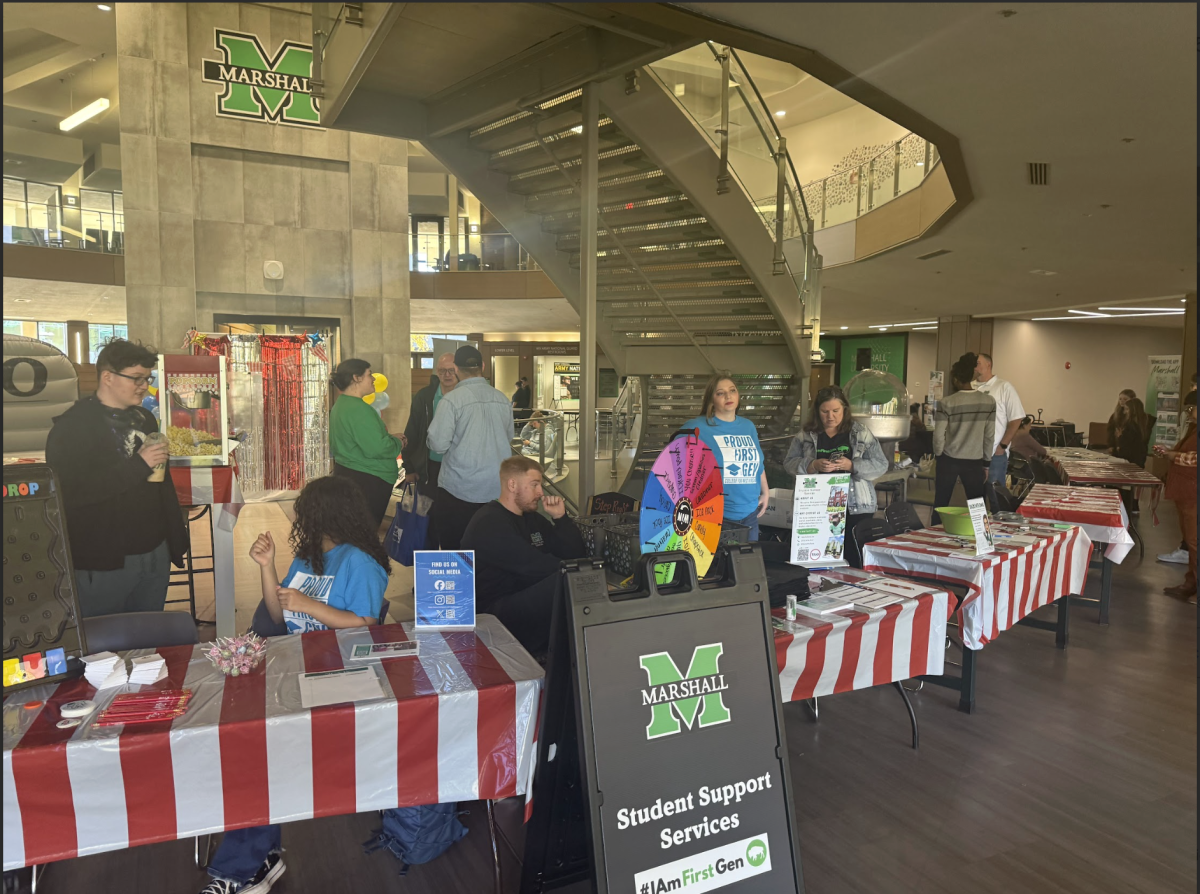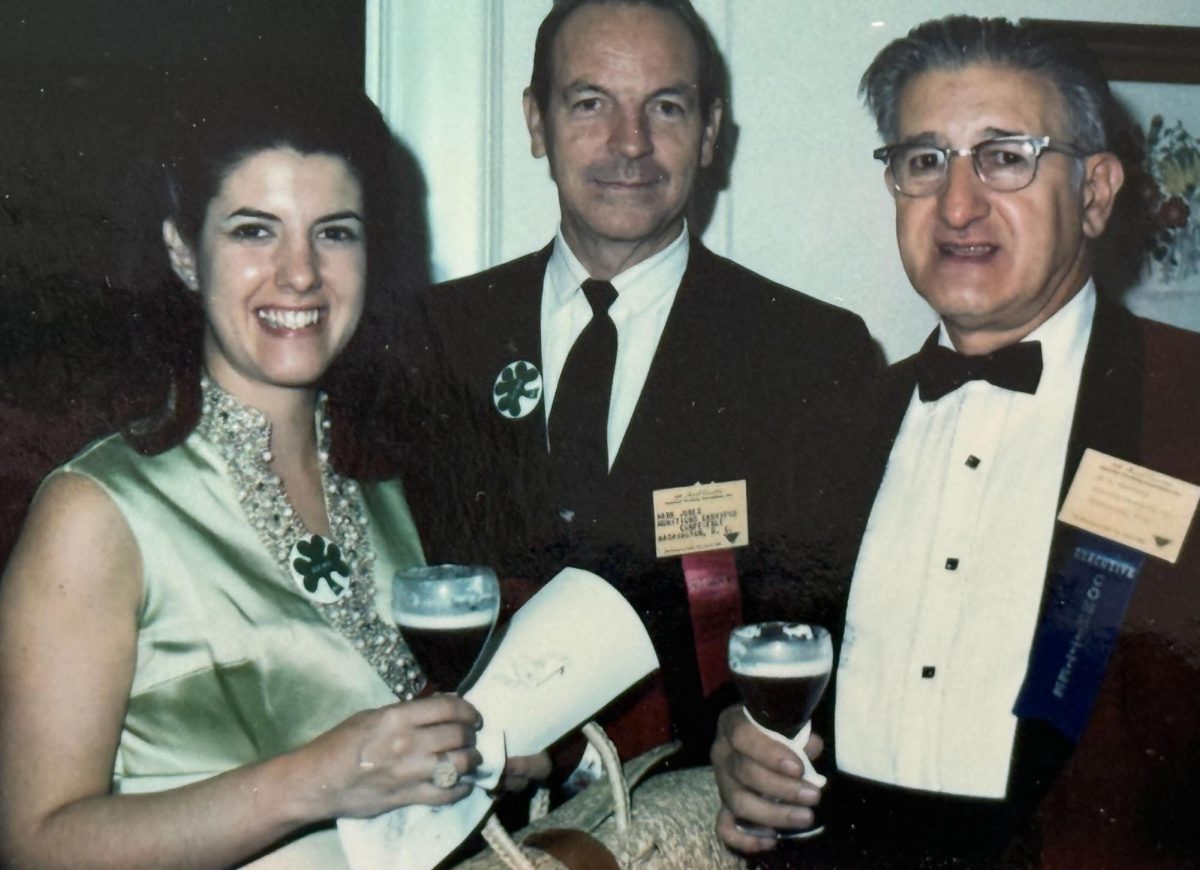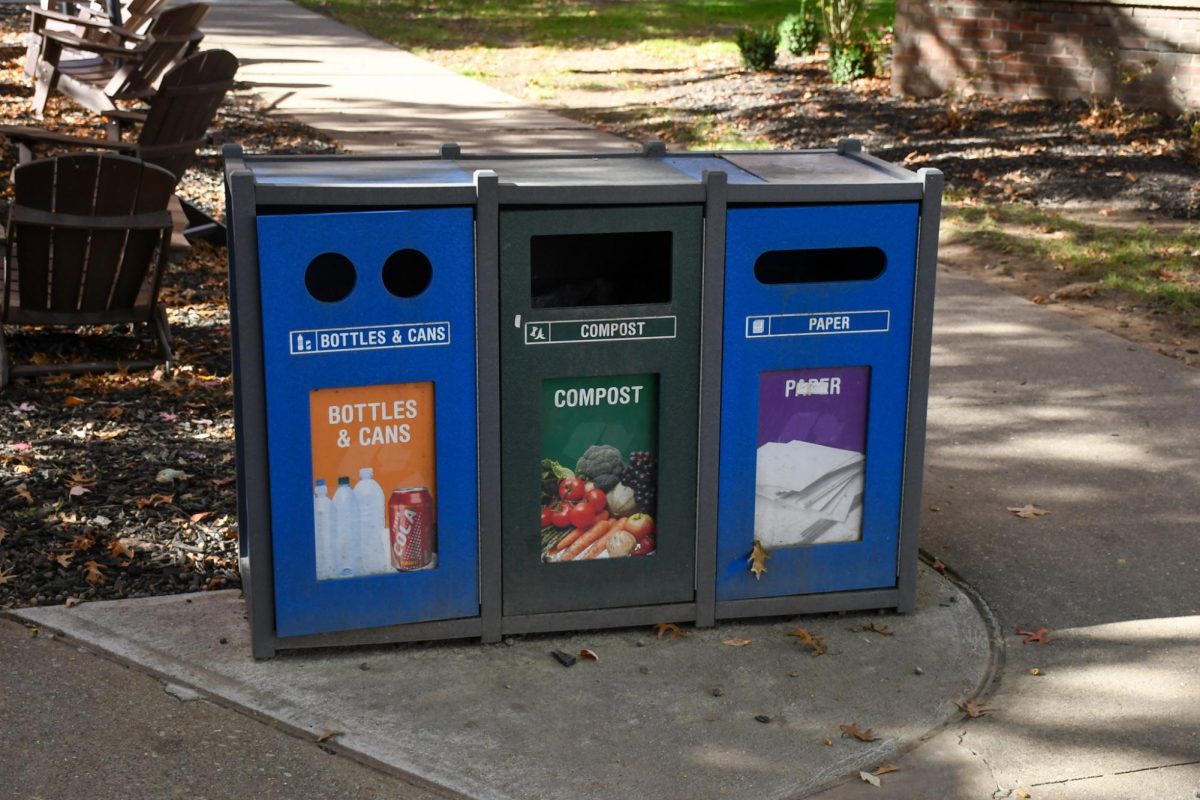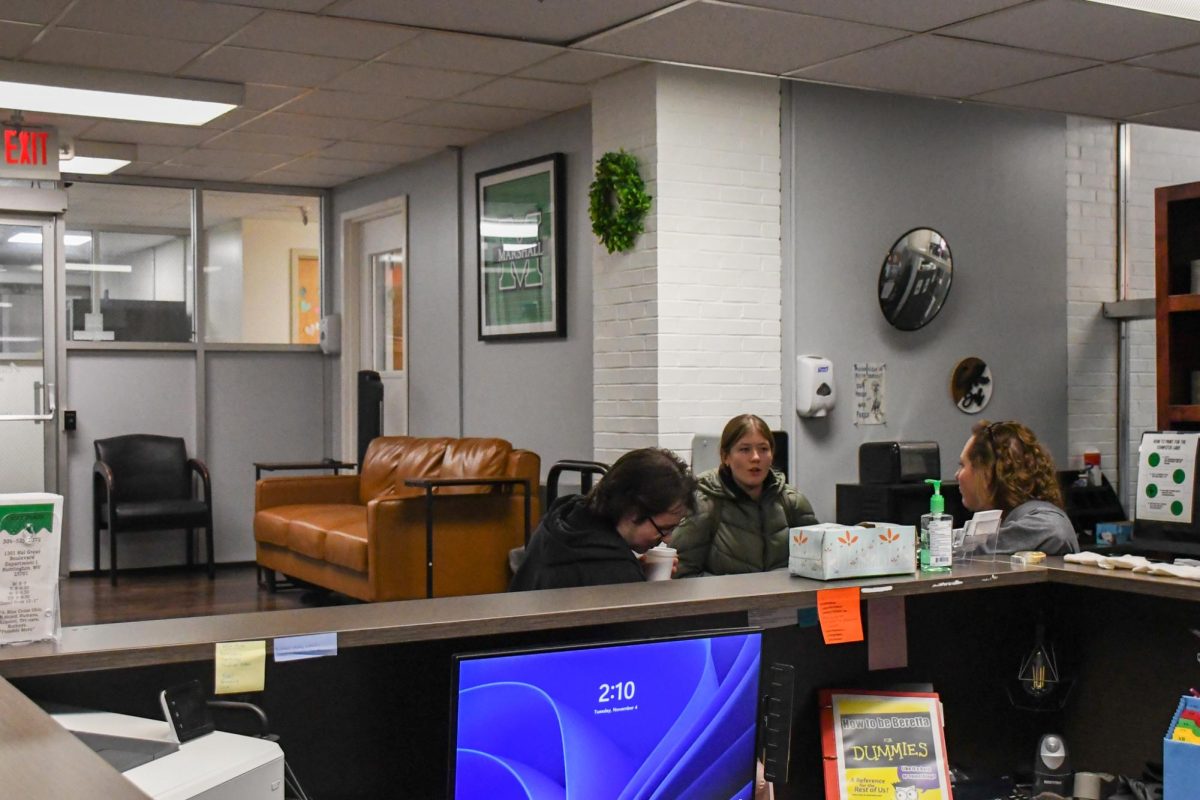Student veterans transition from a structured life in the barracks to a not-so-structured life in the dorms.
It was a hard adjustment Jonathon McCormick, director of Military and Veteran Affairs, said.
“I came back from the Marine Corps in 2007, and one of the biggest experience obstacles that student veterans will face is assimilating to life outside of the military,” McCormick said.
Recruits start their days at 5 a.m., and what follows is a laid-out schedule.
“Everything was very structured,” he said. “You always knew what you were having to do, and there was somebody there to hold you accountable for what you were doing.”
The difference between the military and campus life?
“Nobody is there to make sure you’re getting up for that 8 a.m. class,” he said. “Even if your professor does take attendance, they’re not going to come find you if you’re not in class.”
Enlisted during the height of the Afghanistan and Iraq wars, McCormick feels intensely about the United States’ involvement, McCormick said.
“There was a lot of strong feelings about those wars at the time, and you find that disagreement oftentimes on college campuses,” he said.
Debate and dialogue should be happening regularly on college campuses, he said.
“At times, it could also feel difficult for people voicing their opinions against the need for the war and separating that from feeling like a personal attack as a veteran, he said.”
The West Virginia State Legislature passed a resolution in 2009.
“Every public campus should have a veterans advocate on campus as an employee and a space for veterans, so that they have someone to talk to that might be able to sympathize with how they’re feeling on campus,” he said.
The resolution is what brought McCormick to the position as director of the program.
Dakota Bradley is a U.S. Army veteran and psychology major at Marshall.
He transitioned from repairing attack helicopters to civilian life.
“As far as the college experience, in relation to the transition process, I would say it was a pretty healthy thing for me,” he said. “I think during the military, people get this intuition for challenge, and I think it’s just a healthy thing to grow for particularly veterans.”
The part of him connected to his military service and his identity as a student are getting along nicely.
“I wouldn’t say this part of me has any challenged with what Marshall is providing,” he said.
Holly Belmont can be contacted at belmont9@marshall.edu.





